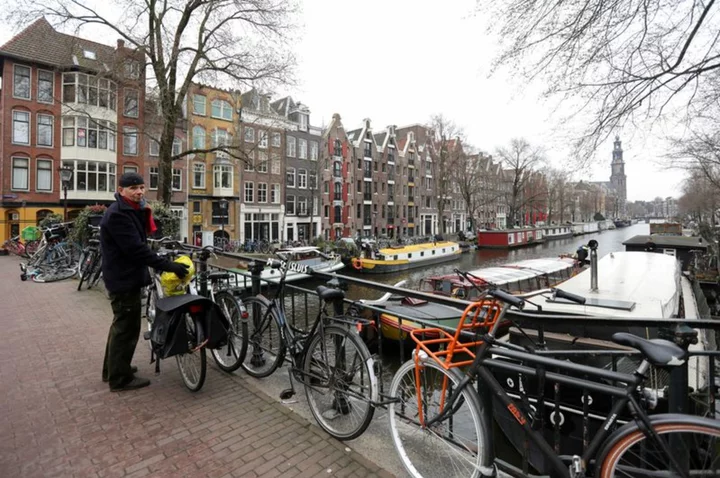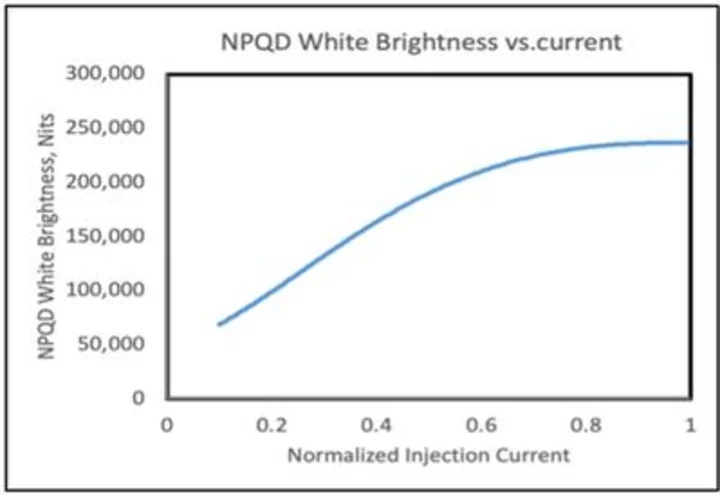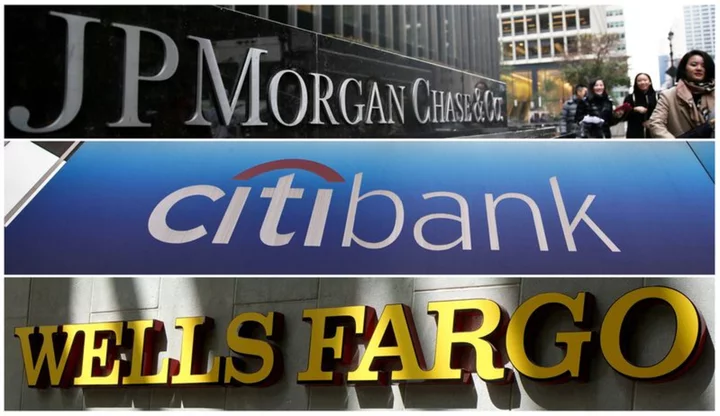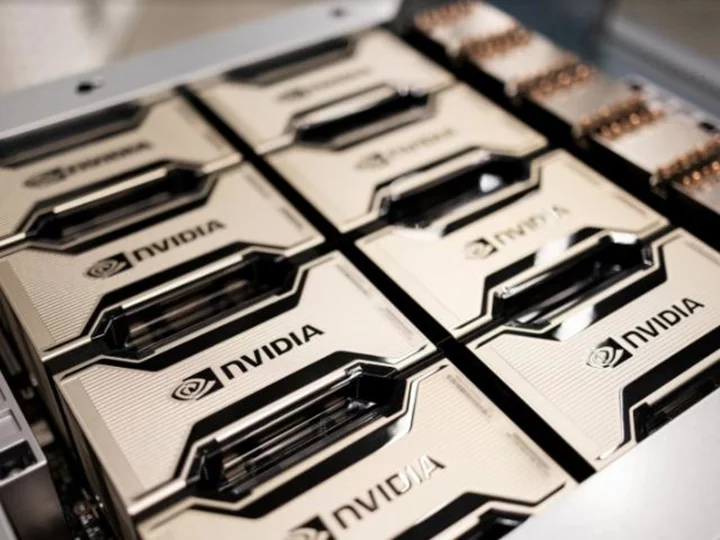By Yoruk Bahceli
AMSTERDAM An overhaul of the private pensions system in the Netherlands - the biggest in the European Union - is leading asset managers there to rethink how they invest 1.5 trillion euros ($1.64 trillion) of retirement savings.
Asset managers for top Dutch pension funds said the reform, which takes effect on Saturday, could spark outflows from euro zone government bonds in favour of riskier assets and change the way such funds protect themselves from swings in interest rates.
Changes approved in May mean funds which struggled to meet payouts during a decade when rates were negative will no longer promise benefits.
Instead, both future and - unprecedentedly - accrued pensions will move to a defined contribution model. Funds will divide their assets into pots for each individual and payouts will depend on contributions and market conditions.
Unlike defined contribution systems elsewhere, however, most funds are expected to choose a "solidarity" framework within the new system where they still invest collectively, then allocate returns to age cohorts and spread some risks.
"It is a complete new system that the Netherlands wants to implement", said Wim Barentsen, head of investment strategy at Achmea Investment Management, which oversees 175 billion euros in assets for pension funds. "Nowhere in the world do you have the same system."
Funds must transition to the new system by 2028, with most expected to do so in 2026.
DITCH GOVVIES?
Occupational pension funds in the Netherlands make up two-thirds of all such pensions in the euro area, according to the European Central Bank, so any shift in their investments could have a big impact.
The idea is that pension funds will allocate more risk to younger cohorts and less to those nearer retirement.
The new system also includes fewer safety buffers overall, allowing more leeway to take risks.
Frank Vinke, senior strategist at PGGM, which invests mainly on behalf of healthcare sector pension fund PFZW, the country's second-largest, said a "significant change" in portfolio holdings was likely, including fewer top-rated government bonds.
"In the new system there is scope to be less precise and still effective. And that would entitle us to make more use of products such as corporate bonds with a high rating, or mortgages," Vinke said.
An ABN AMRO model based on three Dutch defined contribution pension funds suggests an optimal asset mix would be a roughly 30% allocation to bonds overall versus 50% currently, said senior rates strategist Jaap Teerhuis.
That implies pension funds could sell some 140 billion euros of triple-A and double-A rated euro zone bonds, including German and Dutch debt, and buy more equities, Teerhuis added.
The new rules also mean pension funds can be less strict in protecting against swings in interest rates and exchange rates using derivatives like swaps.
Hedging will focus on older workers and retirees, so investors expect a shift to shorter-dated interest rate swaps. Commerzbank expects a "seismic" change to the market, where Dutch pension funds are key players.
Fewer FX hedges would also have implications for currencies.
Onno Steenbeek, managing director of strategic portfolio advice at APG Asset Management, the biggest Dutch pension investor, managing 541 billion euros of assets, saw potential to increase dollar holdings.
HOLD ON
The market impact will depend on what investment strategies are adopted.
Pension funds are surveying their members to understand how much risk different age groups are willing to take.
"If you (see) younger generations don't like volatile pension pots, there could be a case to stay put and still put quite a lot of assets in government bonds," said Steenbeek, adding that APG's research so far showed age was not the only determinant of someone's risk appetite.
Ultimately, interest rates determine how much risk pension funds need to take to generate future payments. Euro zone rates have shot up over the last year from levels below zero percent to fight a surge in inflation.
"It will be only at January 2026 that we know what our target portfolio is," PGGM's Vinke said.
ROCKET LAUNCH
Sharp falls in asset prices right before the transition date could leave some groups with less money than planned, so firms will need to keep buffers high enough to address any pitfalls - a big challenge given uncertain interest rates.
"It's basically launching a rocket ... once you have made the transition on the day, you cannot change anything anymore," said Achmea's Barentsen.
"You have to be aware of the risks that may change the outlook quite shortly before you make the transition."
Asset managers said they are talking to pension funds about how much risk they are willing to take during the transition period, which could temporarily raise demand for interest rate swaps and equity derivatives.
Proponents say the new system is fairer, better reflecting an ageing society, and will make it easier to raise payouts with inflation. Opponents worry that payments will be uncertain.
"When push comes to shove and your pension payout is cut ... will it lead to upheaval?" said Gerard Moerman, European head of fiduciary services and investment solutions at Aegon Asset Management.
"That's the biggest risk and what most pension fund board members are worried about."
($1 = 0.9132 euros)
(Reporting by Yoruk Bahceli; Editing by Dhara Ranasinghe and Catherine Evans)









